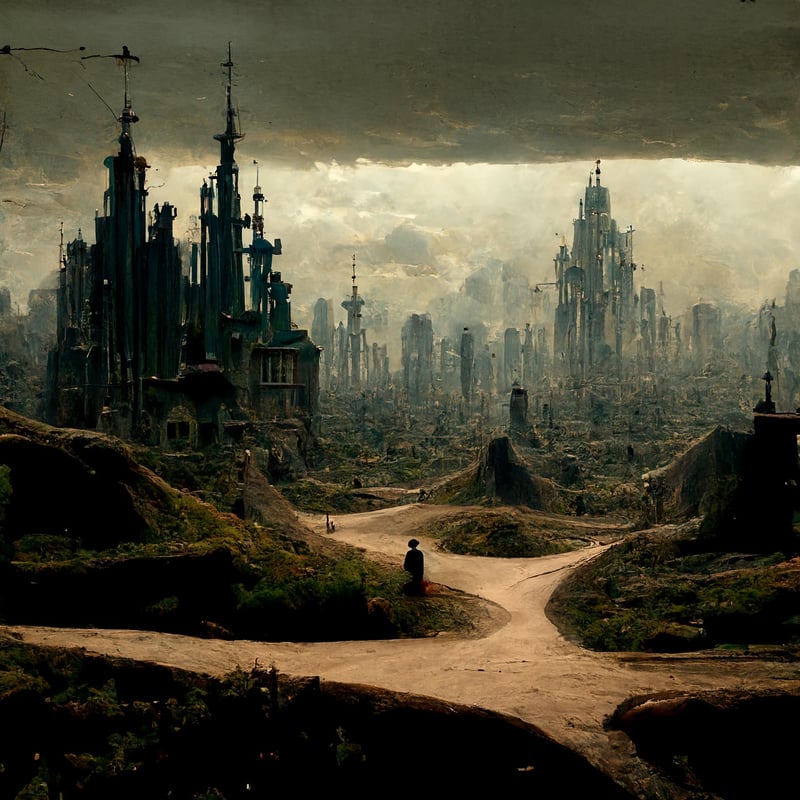Dystopian Futures
Exploring Dystopian Futures Through the Lens of Time Stop
Dystopian futures have long captured the imagination of writers, filmmakers, and creators, painting a bleak picture of society plagued by oppression, surveillance, and technological advancements gone awry. When we introduce the concept of time stop into these narratives, we delve into a realm where the manipulation of time itself adds a new layer of complexity to the dystopian world.
The Power of Time Stop
Imagine a society where time can be frozen at will, where individuals hold the power to halt the progression of time for everyone except themselves. This ability opens up a plethora of possibilities and consequences within a dystopian setting.
1. Control and Surveillance
In a world where time can be stopped, those in control can manipulate events, surveil individuals without their knowledge, and maintain a tight grip on power. The ability to pause time gives rise to a new form of control and oppression, where freedom is a concept of the past.
2. Resistance and Rebellion
On the flip side, the power of time stop can also fuel resistance and rebellion. Imagine a group of rebels using this ability to outmaneuver their oppressors, staging attacks, and executing plans with precision and stealth. The ability to manipulate time becomes a tool for the oppressed to fight back.
Visualizing Dystopian Futures
As we delve into the world of dystopian futures with time stop, we can draw inspiration from visual representations that capture the essence of this genre.

Image: Dystopian City
3. Ethical Dilemmas
The concept of time stop in a dystopian future raises profound ethical dilemmas. How do individuals navigate the moral implications of manipulating time to further their agendas? Is there a line that should not be crossed, even in a world where time is no longer a constant?
4. Hope and Redemption
Despite the darkness that shrouds dystopian futures, there is often a glimmer of hope and redemption. The power of time stop can be wielded not just for control or rebellion but also for redemption, forgiveness, and the possibility of forging a new path forward.
Conclusion
Exploring dystopian futures through the lens of time stop offers a unique perspective on the intersection of power, control, resistance, and redemption. As we navigate these imaginary worlds, we are prompted to reflect on our own society, the choices we make, and the future we are collectively shaping.
Embrace the power of imagination and delve into the realms of dystopian futures, where time is no longer a constant, and the possibilities are as endless as the imagination itself.
